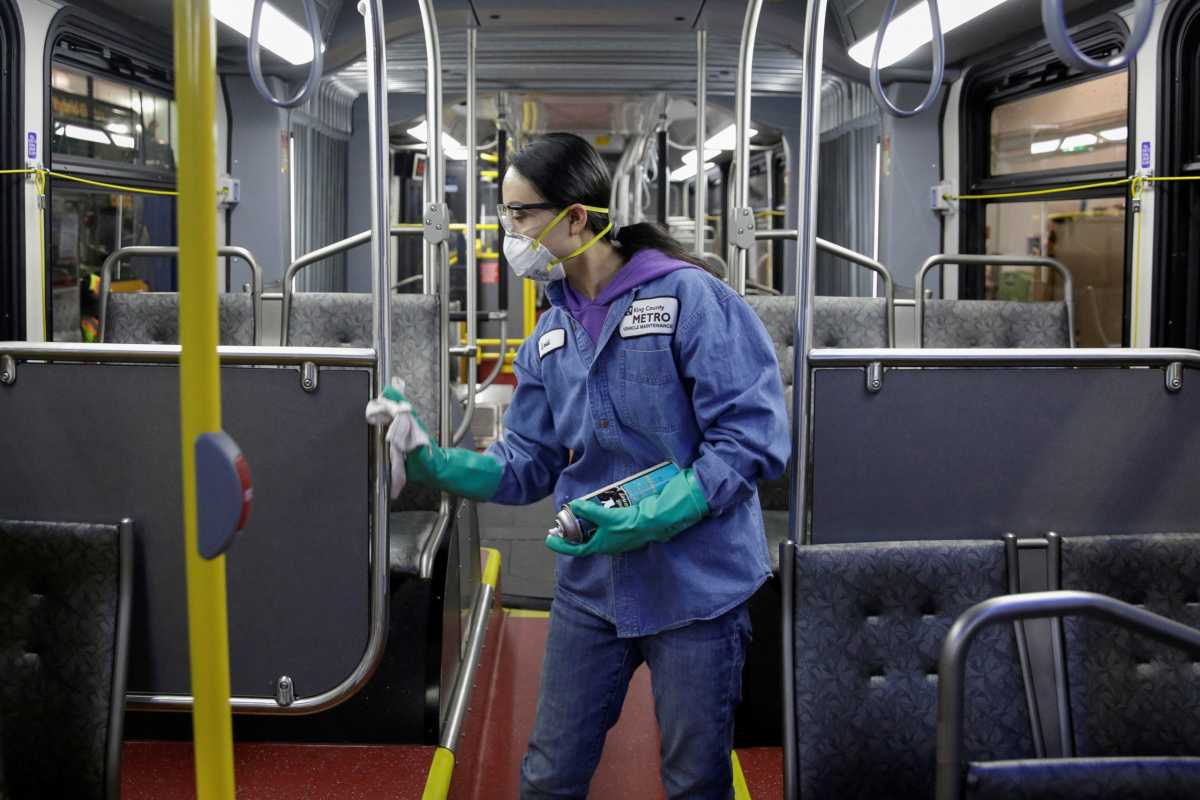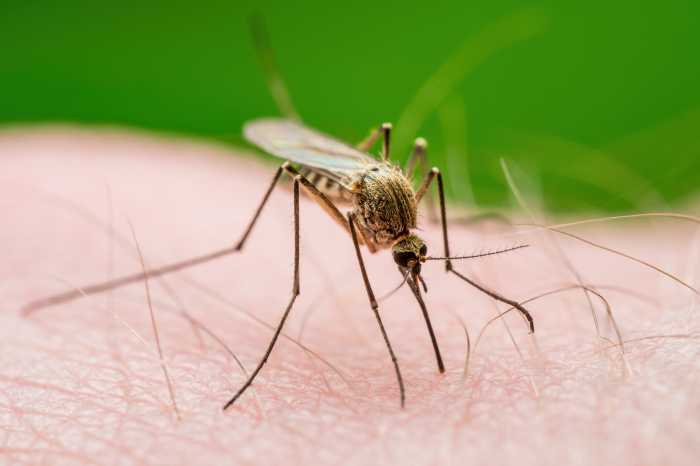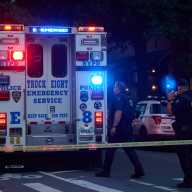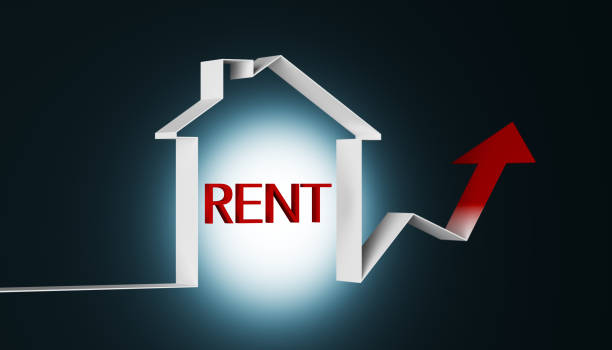BY ANDREW HAY AND BRENDAN O’BRIEN
Like many Seattle residents, Andrew Davidoff is demanding schools close to slow the country’s deadliest coronavirus outbreak, but as in other U.S. cities school officials are resisting that, saying closures could make things worse.
Davidoff, a Microsoft Corp employee, has been told to work from home to slow the spread of the virus. He thinks his daughter, and other children in Lake Washington School District (LWSD) should do the same after 11 people died in the state from COVID-19.
“LWSD is doing everything they can to get me sick,” said Davidoff, 59, among over 20,000 people to sign an online petition demanding school closures.
But in a controversy like ones playing out in New York and Los Angeles, the Seattle school district is staying open.
“School closures can be disruptive and costly for families,” LWSD said in a statement, recommending schools not shut unless there were COVID-19 exposure risks.
The dilemma over whether to close schools has rolled into the United States as U.S. coronavirus cases top 200. The outbreak has had an unprecedented impact on schools worldwide, the education of over 290 million students affected in 13 countries, according to the United Nations.
Closures have long been a U.S. response to influenza, a dangerous and highly contagious disease for students. But health authorities are rethinking their approach for coronavirus, shown to have limited effects on children.
“Do we really want to close schools or do we want to keep schools open so faculty can continue to come in and serve children?” said Jeffrey Duchin, health officer for Seattle and King County.
Not all of Seattle’s schools are staying open.
Northshore School District closed on Thursday, citing possible exposure of staff to COVID-19 and a student absentee rate of 20 percent. It said children’s education would continue online.
Davidoff said other districts should follow suit.
“Kids will have mild exposure but they will be spreading it to vulnerable parents,” said the Redmond software engineer.
VIRUS CARRIERS
Having a large portion of the more than 56 million school children in the United States stay home for weeks or even months could have unwelcome societal and economic impacts.
Schools offer much more than education, providing meals to over 30 million students, according to the Food Research & Action Center. They give free child care to working families, with around a quarter of the U.S. workforce having no paid sick leave if forced to stay home with kids.
School closures could have a paradoxical effect on coronavirus spread.
If children are carrying the infection but not showing symptoms, they could be an invisible reservoir for community spread, said Michael Osterholm, director of the Center for Infectious Disease Research and Policy at the University of Minnesota.
Duchin said sending students home to grandparents or older caregivers could expose them to the virus. And students sent home often gather together at places like malls, risking community spread.
“If kids are not getting infected and they’re not getting sick, then the last thing you want to do is shut down a school,” said Osterholm, citing data that only 2.1 percent of China coronavirus cases were among those 19 or younger.
Closure proponent Satya Ananthu expected children to spread COVID-19 to their families if schools did not shut.
“Having kids in school will make them carriers of the virus to older people,” said Ananthu, a tech worker who started an online petition for a shutdown in Everett, Washington.
Parents like Alicia Aguirre, in Los Angeles are taking matters into their own hands, keeping children home.
“I am going to go by the week and the numbers,” said Aguirre, 27.
Others such as Jamilah Mabruk, 36, are conflicted.
She lives 10 minutes from the Kirkland area of Seattle where nearly all the state’s deaths have been reported among nursing home residents.
Her 15-year-old daughter is opposed to missing school, conscious of grades, but suffers from asthma and could be vulnerable.
“My anxiety is out the roof. I am very concerned because every day there is something new … a new death,” said Mabruk, who sends her daughter off with a pack of Clorox travel wipes.






































